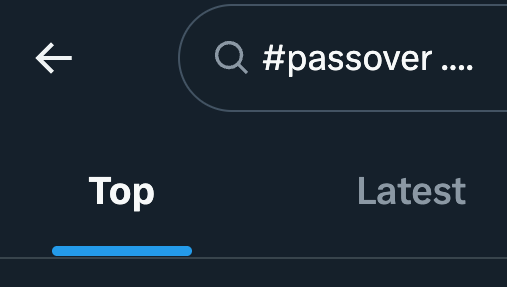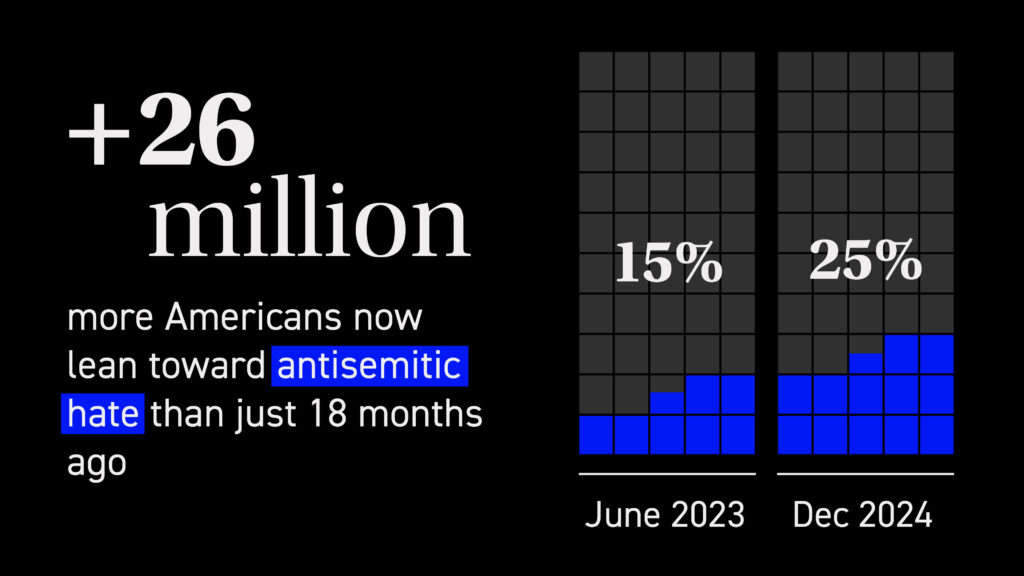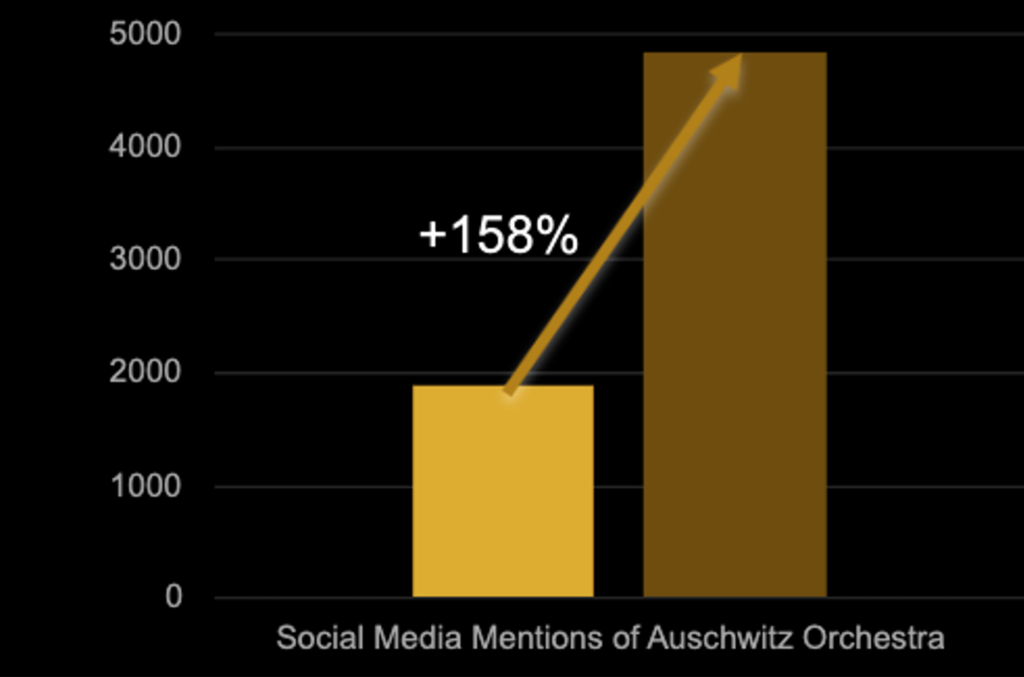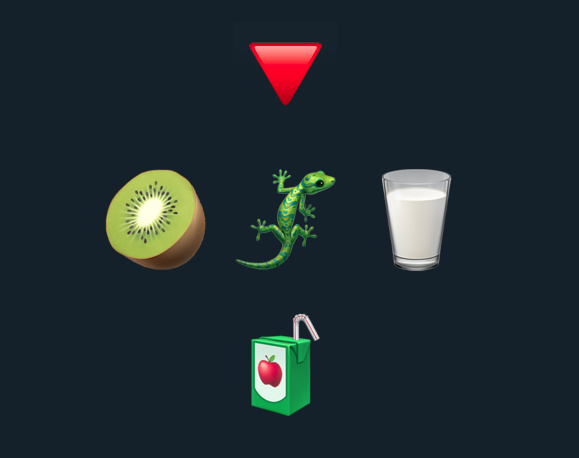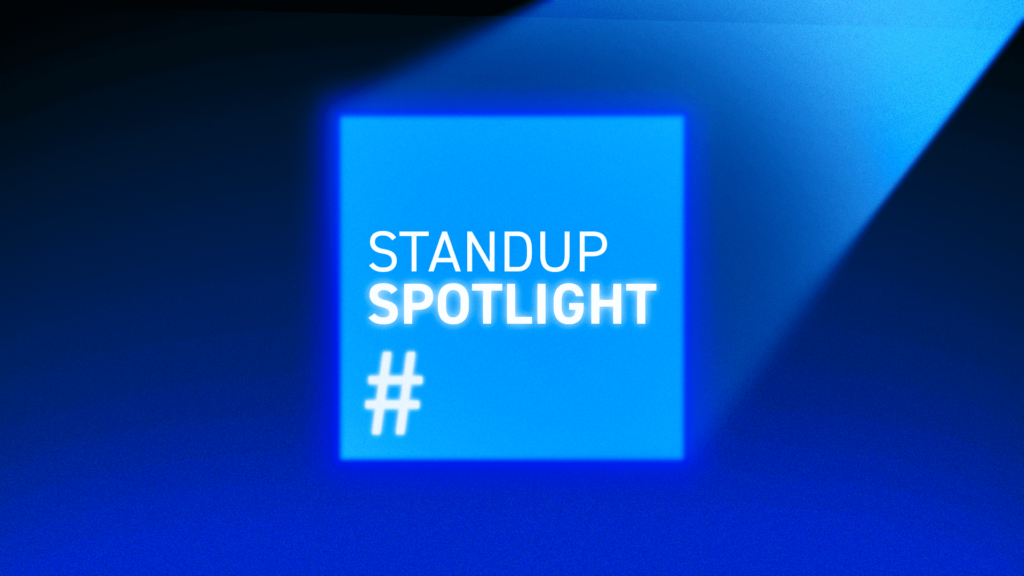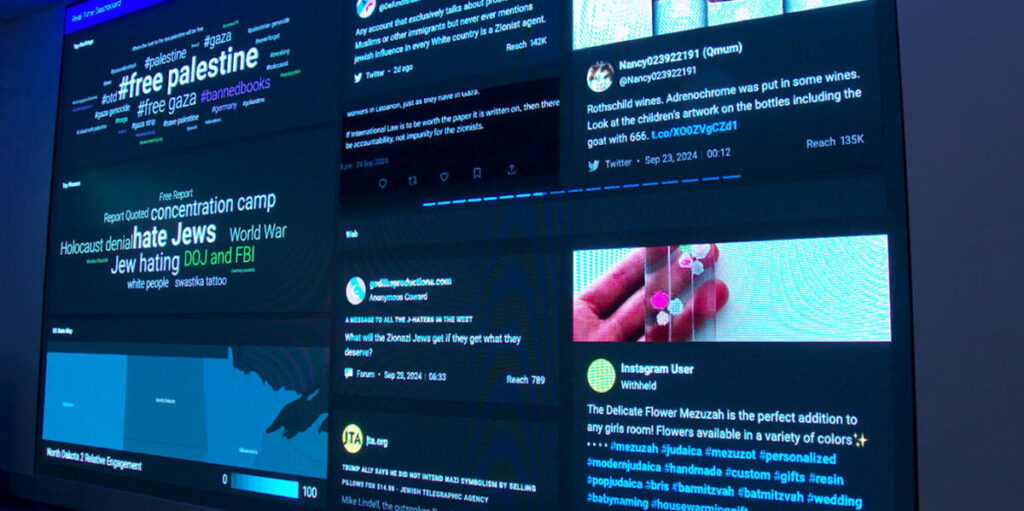Over the last three years, social media conversations around Passover have increasingly reflected the political, cultural, and emotional currents shaping Jewish life today. What has long been a time of ritual and remembrance has also become a moment of collective reflection—both offline and online—on freedom, justice, and identity.
We looked at how online conversation around Passover has changed over the past three years and discovered profound shifts in the tone of online discourse, shifting from unity and optimism to urgency and reflection. From interfaith dialogue to campus protests and ongoing conflict, the themes of the holiday have taken on new layers of meaning in response to global and local events.
From Celebration to Solidarity
In 2023, Passover coincided with both Ramadan and Easter, prompting a surge of interfaith messages emphasizing shared values of freedom, renewal, and peace. Social media conversations highlighted unity across faiths, with leaders and communities highlighting the importance of standing up against hate and fostering inclusivity.
In fact, during the week of Passover in 2023, 25% of the posts about the holiday also included messages about celebrating Easter or Ramadan. For example, Sid Fritts wrote, “happy Passover, Easter, and Ramadan! Even though we are celebrating different holidays, now is the perfect time to come together and focus on peace, respect, and love for one another.” At the same time, online discourse also focused heavily on solidarity and resilience in the face of rising antisemitism.

A year later the tone changed. In 2024, Passover unfolded amid rising antisemitism, deepening divisions over the Israel-Hamas war, and a charged atmosphere on U.S. college campuses. Social media reflected this tension, with many Jewish students sharing concerns about hostile campus environments as pro-Palestinian encampments emerged near places of worship and celebration.
Images of empty chairs at seder tables circulated widely, symbolizing the Israeli hostages still held in Gaza and underscoring the emotional weight of a holiday centered on liberation. At the same time, public figures and community leaders offered messages of resilience and hope, drawing on the Exodus story to reaffirm the Jewish tradition of endurance in the face of adversity.
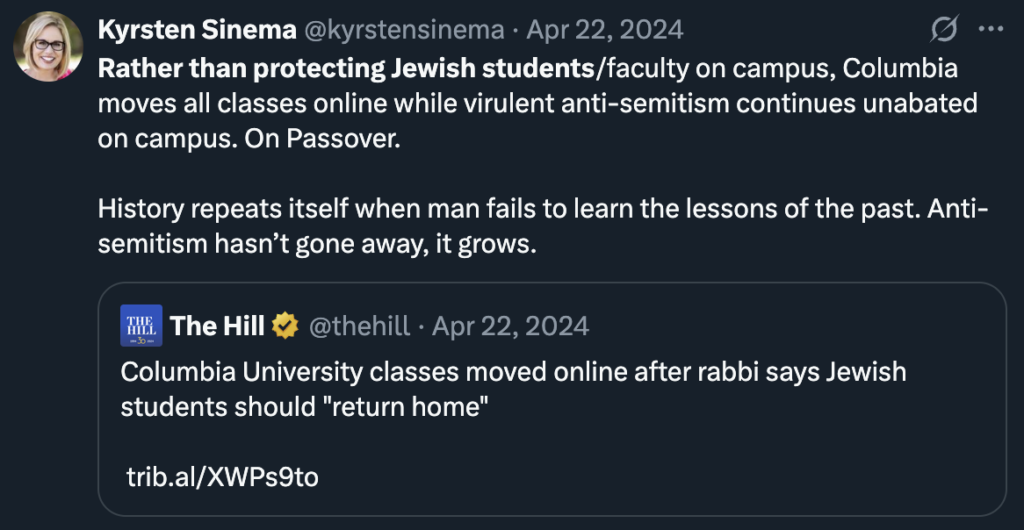
This year, Passover was marked by heightened reflection on the meaning of freedom and liberation amid the ongoing war and rising antisemitism. The holiday unfolded as 59 Israeli hostages remain in captivity in Gaza, prompting many families to once again leave empty seats at their Seder tables and use the occasion to call for their release.
Additionally, the attack on Jewish Pennsylvania Governor Josh Shapiro’s residence—set on fire on the first night of Passover—further intensified concerns over Jewish safety in the U.S. Across social media, conversations focused on the tension between celebration and sorrow, with many expressing that true liberation cannot be fully realized while others remain in captivity. Still, the retelling of the Exodus story served as a reminder of the enduring Jewish belief in redemption and the possibility of change.

Over the past three years, social media conversations around Passover have reflected shifting priorities and evolving concerns within the Jewish community. Across this period, the tone of online discourse moved from optimism and outreach to urgency and reflection, with the meaning of liberation taking on new complexity in light of global conflict, communal vulnerability, and continued calls for justice.

